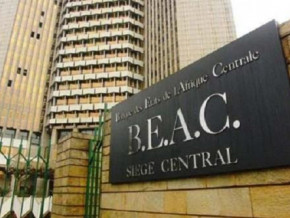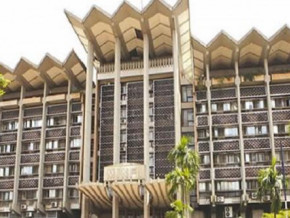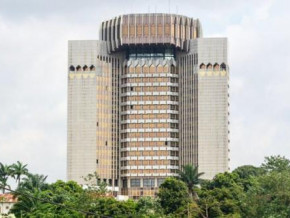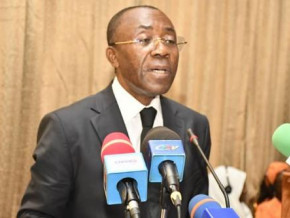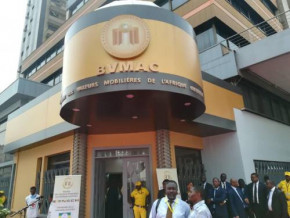
Yaoundé - 23 April 2024 -
Agriculture
Cameroon: Indian Shapoorji Pallonji plans a 10,000-ha hydro agricultural scheme in the Far North

(Business in Cameroon) - As part of a MoU signed Dec 12 in Yaoundé with the Cameroonian government, India’s Shapoorji Pallonji and Company Private Limited will set up a hydro-agricultural development over 10,000 ha in Logone Birni district, Far North region.
The project plans the development of areas dedicated to rice cultivation and the construction of a paddy rice husking unit as well as capacity building for rice growers.
It is included in a component of the government’s 3-year Emergency Plan to Accelerate Growth (Planut) which aims at developing 120,000 ha of hydro-agricultural schemes, we learnt.
BRM
Mags frontpage
- Most read 7 days
- shared 1 month
- read 1 month
next
prev





